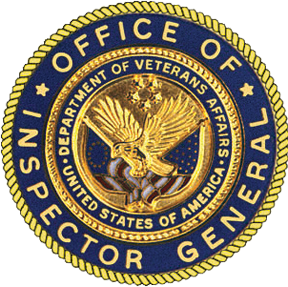Issue Date
Report Number
06-00689-38
District
Report Author
Office of Healthcare Inspections
Report Type
Hotline Healthcare Inspection
Recommendations
0
Questioned Costs
$0
Better Use of Funds
$0
Congressionally Mandated
No
